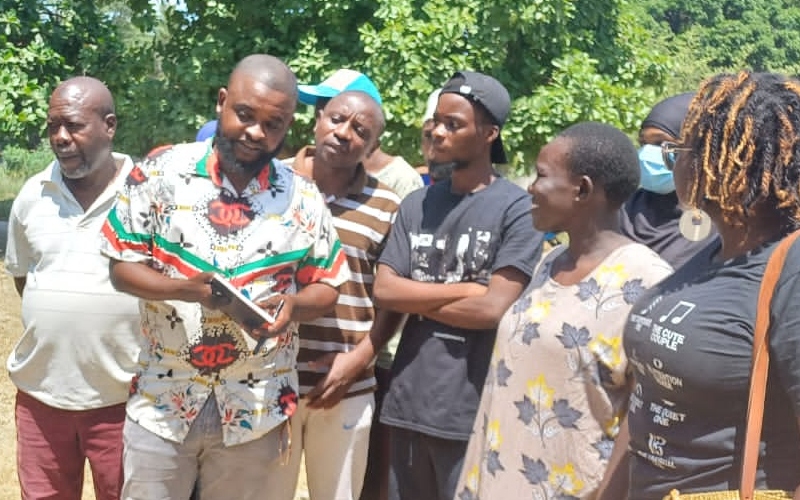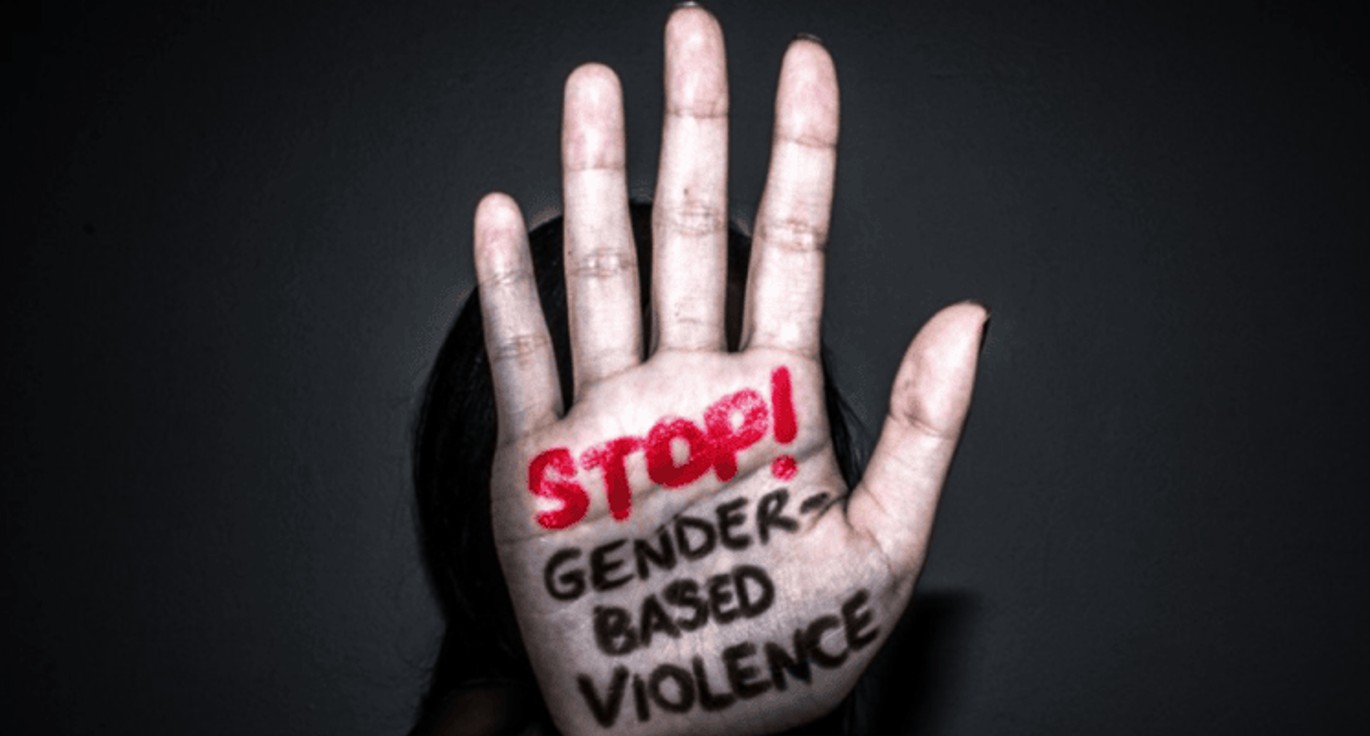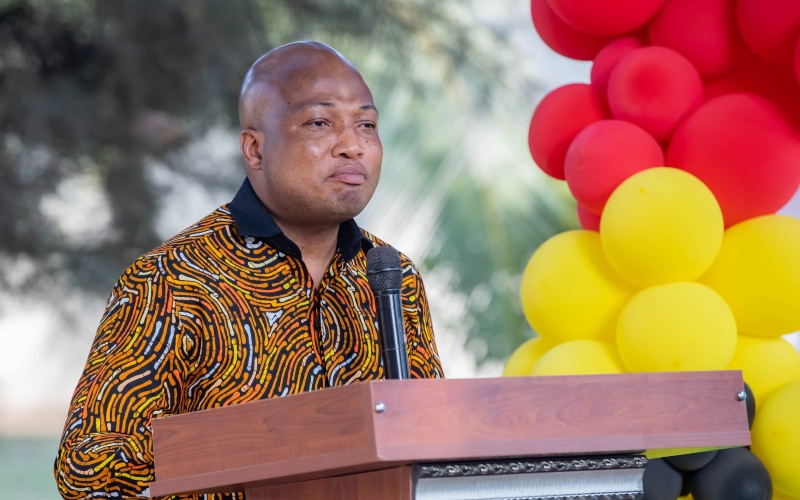Urgent call for vaccines in DRC as new mutation drives surge in child mortality rates

The healthcare situation in the Democratic Republic of Congo (DRC) has rapidly deteriorated with over 6.9 million people displaced and more fleeing violence.
As Mpox cases continue to rise over the past two years in the DRC, children have been disproportionately affected, experiencing the highest mortality rates from the disease.
Recent developments are particularly alarming, with a new genetic mutation identified in South Kivu province. This mutation has resulted in ongoing human-to-human transmission for several months.
More To Read
- WHO warns tobacco use threatens fertility in men, women
- England confirms new mpox strain: What you need to know
- UN hails DR Congo-Rwanda peace deal amid ongoing hostilities in the east
- Scepticism grows over DR Congo-Rwanda peace deal
- Malaria: Drug resistance and underfunding threaten progress towards eliminating killer disease
- Sudan’s crisis deepens with communities trapped in ‘siege conditions’
While Mpox impacts all age groups, children are especially at risk. In the DRC, those under 15 represent 70 per cent of reported cases and 85 per cent of the deaths.
Since January 1, 2023, the DRC has reported over 22,000 suspected cases of Mpox, along with more than 1,200 suspected deaths.
The healthcare situation in the Democratic Republic of Congo (DRC) has rapidly deteriorated with over 6.9 million people displaced and more fleeing violence.
Conflicts throughout the DRC have greatly hindered access to healthcare for more than 8.9 million people, especially in remote and conflict-stricken regions, leaving many without essential and life-saving medical services. This worsening scenario has hit women, who represent 50.6 per cent of those in need, and children, who make up 40.9 per cent of the population.
Doctors Without Borders (MSF) reported that in 2023, cases of Mpox tripled, with over 14,600 suspected cases and 654 deaths. The situation has worsened in 2024, with more than 12,300 suspected cases reported between January and mid-July, from the 23 provinces.
According to MSF, one of the major challenges in the DRC is the ongoing lack of vaccines, which has persisted for months despite the approval of two vaccine options.
“DRC has validated two vaccines and is trying to obtain supplies, but at this stage, no vaccine is available. Negotiations are underway with certain countries, and priority areas are being identified. We hope that things will soon be resolved and that sufficient vaccines will be supplied to the country to act in the main epidemic areas,”
MSF notes that the epidemic is spreading in areas with very different demographic and geographical conditions, so the response needs to be broad and tailored to each situation.
“While waiting for vaccines, it’s crucial that as many partners as possible help with other important parts of the response, such as lab testing, monitoring, isolation support, public education, and patient care,” said Dr Louis Albert Massing, MSF’s medical coordinator in DRC
MSF emphasises the urgent need to advocate for the prompt and substantial arrival of vaccines in the country, as many others are also doing. This is critical for safeguarding communities in the hardest-hit areas, particularly high-risk groups such as Congolese health workers on the front lines of the infection, as well as other vulnerable populations
According to the Africa Centers for Disease Control and Prevention, Mpox has been reported in 10 African countries this year, with over 96 per cent of cases occurring in the DRC. The agency noted a 160 per cent increase in cases this year, with deaths rising by 19 per cent.
The WHO declared Mpox, also known as monkeypox, a global emergency in 2022 after it spread to over 70 countries.
On Wednesday, WHO chief Tedros Adhanom Ghebreyesus convened an "emergency" meeting of international experts due to escalating concerns about the Mpox virus.
With the spread of Mpox extending beyond the Democratic Republic of Congo, Tedros announced that the WHO emergency committee would gather "as soon as possible" to guide whether the outbreak constitutes a public health emergency of international concern.
Mpox has been spreading quickly across various parts of Africa, with Kenya reporting three cases since July 31. Contact tracing and surveillance have revealed that Burundi, Kenya, Rwanda, and Uganda have all reported their first-ever cases of Mpox during the current outbreak.
Top Stories Today















































